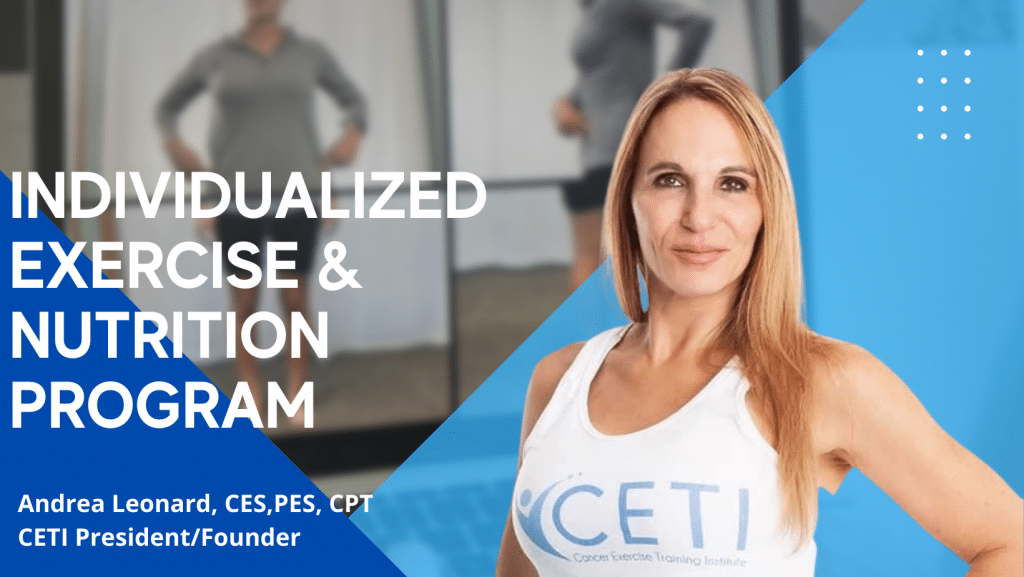How Can a Vegan Diet Help with Cancer?
 A vegan diet, which excludes all animal products including meat, dairy, eggs, and other animal-derived ingredients, has been proposed as a potential way to help prevent and manage certain types of cancer.
A vegan diet, which excludes all animal products including meat, dairy, eggs, and other animal-derived ingredients, has been proposed as a potential way to help prevent and manage certain types of cancer.A vegan diet, which excludes all animal products including meat, dairy, eggs, and other animal-derived ingredients, has been proposed as a potential way to help prevent and manage certain types of cancer. However, it’s important to note that while some studies suggest a possible link between a vegan diet and reduced cancer risk, the evidence is not conclusive, and more research is needed to fully understand the relationship between diet and cancer. Here are a few ways in which a vegan diet might be beneficial in relation to cancer:
High in Antioxidants: Many plant-based foods are rich in antioxidants, which help protect cells from damage caused by harmful molecules called free radicals. These free radicals can contribute to the development of cancer. A diet high in fruits, vegetables, nuts, and seeds—common components of a vegan diet—can provide a range of antioxidants that may help prevent cellular damage and reduce cancer risk.
Phytochemicals: Plant-based foods contain various bioactive compounds known as phytochemicals. Some of these compounds have been studied for their potential anticancer properties. For instance, cruciferous vegetables (like broccoli, cauliflower, and Brussels sprouts) contain compounds called glucosinolates that have been linked to cancer prevention.
Fiber: A vegan diet is typically high in dietary fiber, which can promote healthy digestion and regular bowel movements. Fiber may also play a role in reducing the risk of certain types of cancer, particularly colorectal cancer.
Healthy Fats: A well-balanced vegan diet often includes healthy fats from sources like nuts, seeds, avocados, and olive oil. These fats can provide essential fatty acids and may contribute to overall health.
Reduced Saturated Fat: Animal products are often high in saturated fats, which have been associated with an increased risk of certain cancers, particularly those of the breast, prostate, and colon. By avoiding these animal-derived saturated fats, a vegan diet may help mitigate this risk.
Weight Management: A vegan diet, when balanced and properly planned, can be lower in calories and saturated fats compared to omnivorous diets. This could contribute to maintaining a healthy weight, which is important for reducing the risk of various cancers.
Hormone-Related Cancers: Some animal products, particularly dairy and certain types of meat, might contain hormones or hormone-like compounds that could potentially influence the risk of hormone-related cancers like breast and prostate cancer. A vegan diet eliminates exposure to these potential factors.
It’s important to emphasize that while a vegan diet might offer potential benefits for cancer prevention, it’s not a guaranteed cure or preventive measure on its own. Additionally, nutritional balance is crucial, as a poorly planned vegan diet can lead to nutrient deficiencies. If you’re considering making significant dietary changes, especially if you’re dealing with cancer or other health conditions, it’s advisable to consult a healthcare professional or registered dietitian to ensure you’re getting the right nutrients and support for your individual needs.

